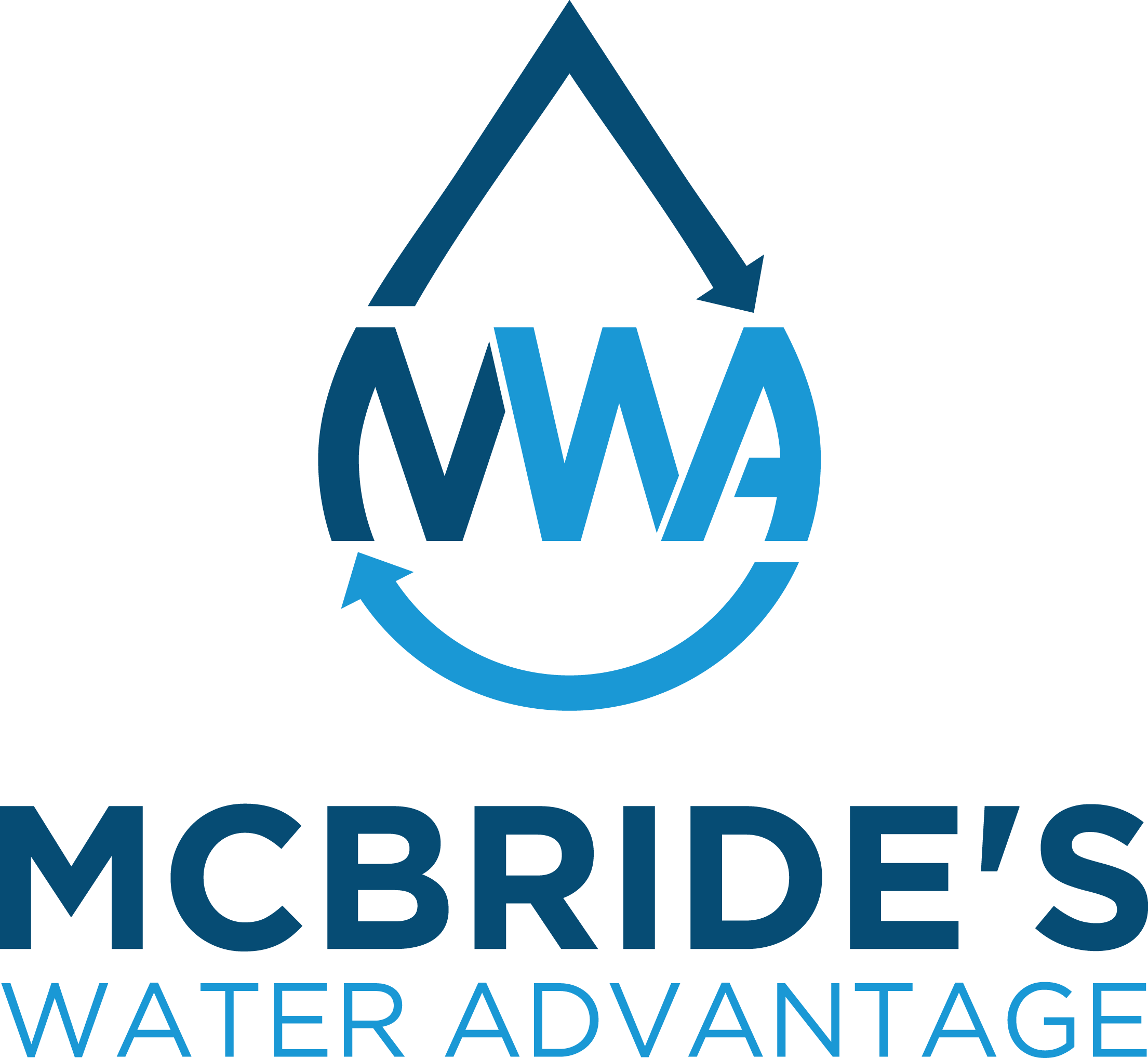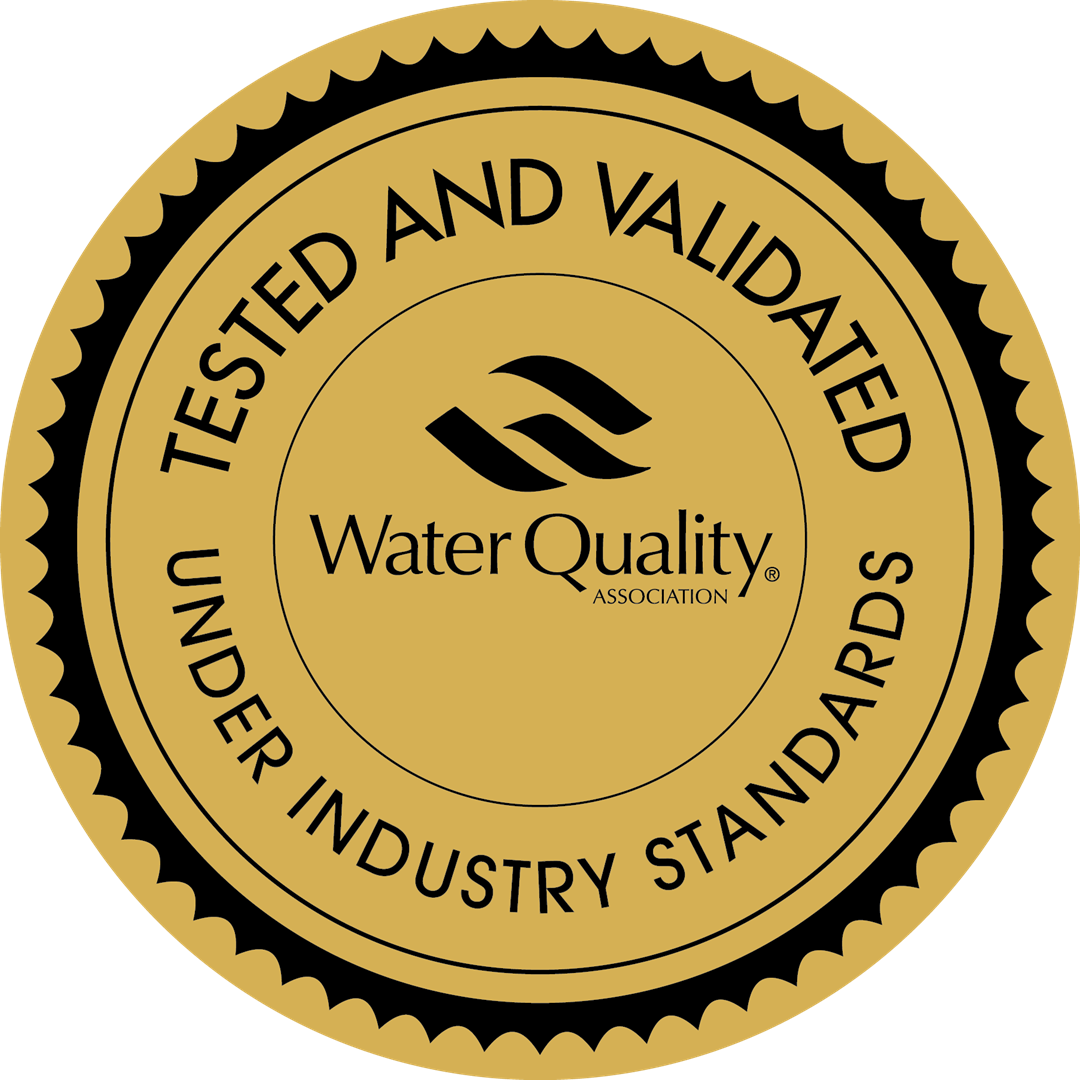McBride’s Water News & Updates
News
How Can Water Develop a Rotten Egg Smell?
One of the most common complaints we hear from people who get their water from private wells is that their tap water smells like rotten eggs. This problem, which occurs much more often in well water than in city water, can make it hard to drink a glass of water and...
What is a Reverse Osmosis Water Filter and How Does it Work?
Water filtration systems can use a number of different methods to remove contaminants from tap water. The type of filter that's right for your home will depend on what's in your water, because different techniques are designed to address different types of problems....
What Alters the Taste of Tap Water and How Can You Improve the Taste of Your Water at Home?
There are many reasons why people choose to install water filtration systems in their homes, but one of the most common reasons is that they want to improve the taste of their water. We all know how healthy it is to drink water on a daily basis, but it is much more...
What is a Point of Use Water Filter and When Does it Make Sense to Install One in Your Home?
When you're deciding on the best type of water filter for your New Hampshire home, one decision you'll have to make is whether you want to install a whole house or point-of-use system. There are advantages to both types of systems, and the one that's right for you...
What are the Effects of Hard Water on Your New Hampshire Home?
Hard water is one of the most common water quality issues in New Hampshire. Although hard water is not a health hazard like some other water contaminants, it can cause all sorts of problems in your home. These problems extend everywhere from your kitchen to your...
How Does Iron Get into New Hampshire Well Water and What Are its Effects?
Given the fact that approximately 50 percent of New Hampshire residents get their water from a private well, it's important for homeowners in our area to know about the potential issues that often plague well water. By far, one of the most commonly found contaminants...
What is Ultraviolet Water Purification and What Are Its Advantages in New Hampshire Homes?
Nowadays, homeowners have many different options available to them to treat their home's tap water. Different water systems use different techniques to remove contaminants from water, and each technique has its own particular advantages. One type of water treatment...
How Does a Water Softener Work? A Guide for New Hampshire Homeowners
Hard water can cause all sorts of problems in your home, including limescale buildup, clogged pipes, inefficient water heaters, dry hair and skin and more. That's why many homeowners install water softeners in order to remove problematic hardness minerals from their...
Arsenic in New Hampshire's Drinking Water: Where Does it Come From and How Can it Be Removed?
Over the past few years, an increasing amount of attention has been paid to the levels of arsenic in our nation's drinking water. Although low-level exposure to the contaminant used to be considered relatively harmless, new research has shown that long-term exposure...
What Are the Risks of Tap Water with Low pH Levels and How Can You Neutralize Your Home's Water?
You might remember learning about pH levels back in high school chemistry class, but have you ever heard about the effects of pH levels on the water that comes out of your taps at home? Although low pH levels are often overshadowed by other water quality issues like...



